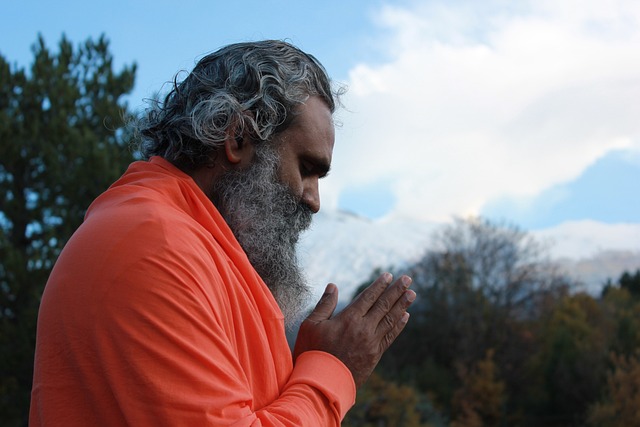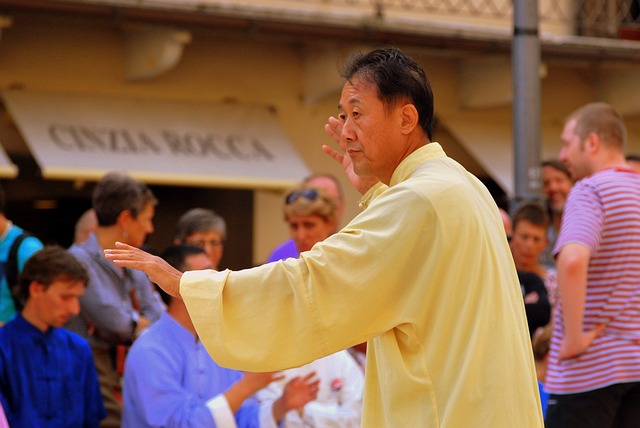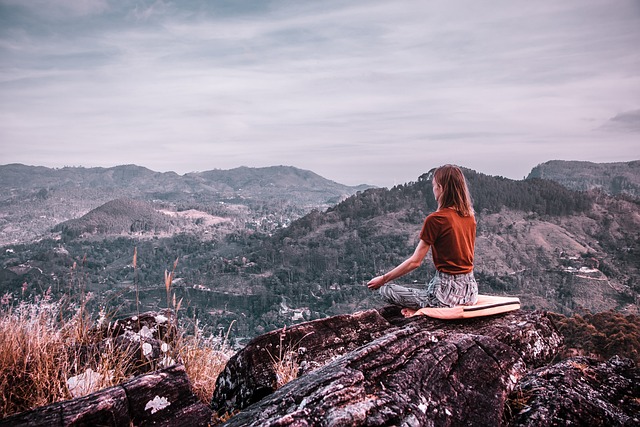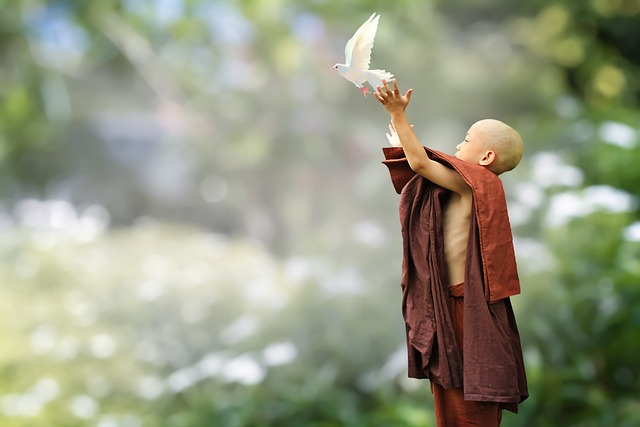Gratitude meditation is a practice that involves focusing on the things in our lives that we are thankful for. This simple yet powerful practice can have a significant impact on our mental health and well-being.
In this article, we will explore what gratitude meditation is, its benefits, and how to practice it.
What is Gratitude Meditation?
Gratitude meditation is a form of meditation that involves focusing on the things in our lives that we are grateful for. During this practice, we take time to reflect on the positive aspects of our lives and acknowledge the people, things, and experiences that bring us joy and happiness.
There are many different techniques and methods for practicing gratitude meditation, but the basic idea is to focus on the present moment and become aware of the things we are thankful for. Some common techniques include journaling, visualization, and guided meditation.
Benefits of Gratitude Meditation
Practicing gratitude meditation has been shown to have a wide range of benefits, including:
- Improved mental health and well-being: Gratitude meditation can help reduce symptoms of depression, anxiety, and stress. By focusing on the positive aspects of our lives, we can increase feelings of happiness and life satisfaction.
- Increased happiness and life satisfaction: By focusing on what we are grateful for, we cultivate a sense of appreciation and contentment with our lives. This can lead to increased levels of happiness and life satisfaction.
- Improved relationships with others: Expressing gratitude towards others can improve our relationships and strengthen our social connections.
- Boost in productivity and motivation: Gratitude meditation can help us stay focused on our goals and increase our motivation to achieve them.
- Lower levels of stress and anxiety: By focusing on the positive aspects of our lives, we can reduce feelings of stress and anxiety.
Scientific Evidence Supporting Gratitude Meditation
There is a growing body of research that supports the benefits of gratitude meditation. For example, a study published in the Journal of Positive Psychology found that participants who practiced gratitude meditation had increased levels of positive emotions and life satisfaction. Another study published in the Journal of Happiness Studies found that gratitude meditation can increase feelings of social connectedness and decrease symptoms of depression.
How to Practice Gratitude Meditation
Here’s a step-by-step guide to practicing gratitude meditation:
- Find a quiet place where you can sit comfortably without any distractions.
- Take a few deep breaths and focus on your breath, allowing your mind to settle.
- Begin to think about the things in your life that you are thankful for. You can start with the simple things, like the air you breathe or the food you eat, and gradually move on to more significant things, like your relationships or your accomplishments.
- As you think about each thing you are grateful for, take a moment to reflect on why it is important to you and how it makes you feel.
- Repeat this process for as long as you like, focusing on the positive aspects of your life and cultivating a sense of gratitude.
Tips for Beginners
Here are a few tips for beginners who are new to gratitude meditation:
- Start small: Begin with just a few minutes of meditation each day and gradually increase the amount of time as you become more comfortable with the practice.
- Stay consistent: Try to practice gratitude meditation at the same time each day, so it becomes a part of your daily routine.
- Keep a gratitude journal: Writing down the things you are grateful for can help you focus your thoughts and reflect on the positive aspects of your life.
Gratitude Meditation and Mindfulness
Gratitude meditation is closely related to mindfulness, which involves paying attention to the present moment and being aware of our thoughts and feelings. Practicing gratitude meditation can be a helpful tool for enhancing mindfulness, as it encourages us to focus on the positive aspects of our lives and stay present in the moment.
Using Gratitude as a Tool for Mindfulness Practice
To use gratitude as a tool for mindfulness practice, try incorporating gratitude into your daily routine. For example, you can start your day by reflecting on the things you are grateful for or end your day by journaling about the positive experiences you had that day.
You can also try practicing gratitude during other mindfulness activities, such as yoga or meditation. As you focus on your breath or move through different poses, take a moment to think about the things you are thankful for and feel a sense of gratitude for them.
Conclusion
In conclusion, gratitude meditation is a simple yet powerful tool for cultivating gratitude and improving our mental health and well-being. By focusing on the positive aspects of our lives and expressing gratitude towards others, we can increase our levels of happiness, strengthen our relationships, and reduce feelings of stress and anxiety. With consistent practice, gratitude meditation can become a valuable part of our daily routine, helping us stay present in the moment and appreciate the beauty of our lives.
Image by swamiananda from Pixabay
Meditation and Mindfulness
-

What is Mindful Movement and How to Incorporate It into Your Physical Exercise
Physical exercise is not only beneficial for our physical health but also plays a crucial role in promoting mental well-being. By integrating mindfulness into our physical activities, we can elevate our exercise routines from mere physical exertion to a holistic practice that nurtures both the body and the mind. This article explores the concept of…
-

How to Integrate Mindfulness With the Art of Self-Compassion for Inner Well-Being
-

How to Use Mindfulness for Effective Anger Management
-

Cultivate Workplace Mindfulness: Practical Strategies and Benefits
-

Sleep Meditation: How to Meditate in Bed and Fall Asleep Peacefully
-

How to choose between Meditation and Mindfulness – What’s Best for You
-

The Ultimate Guide to Loving-Kindness Meditation: Cultivating Compassion for Inner Growth









Leave a Reply